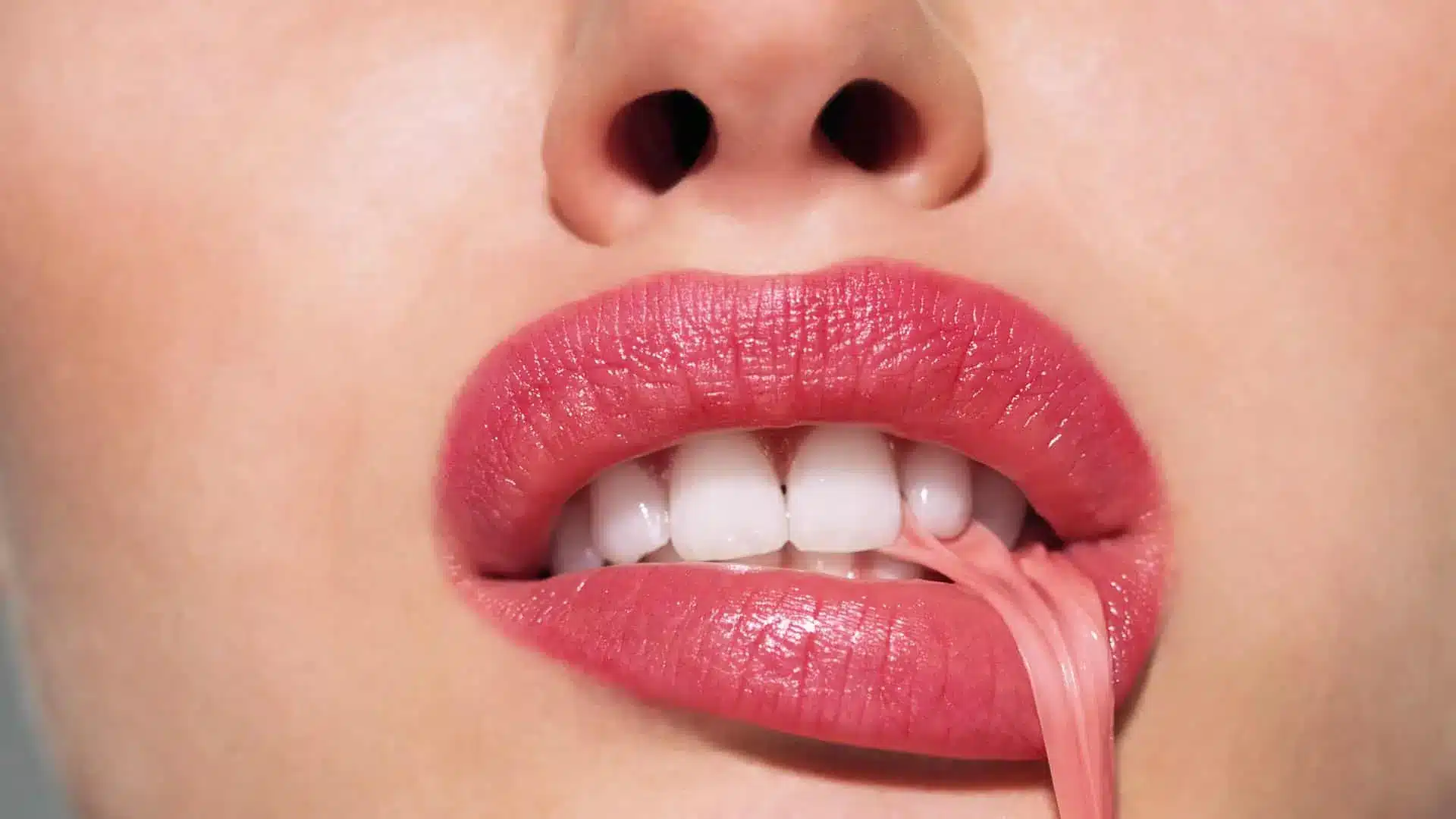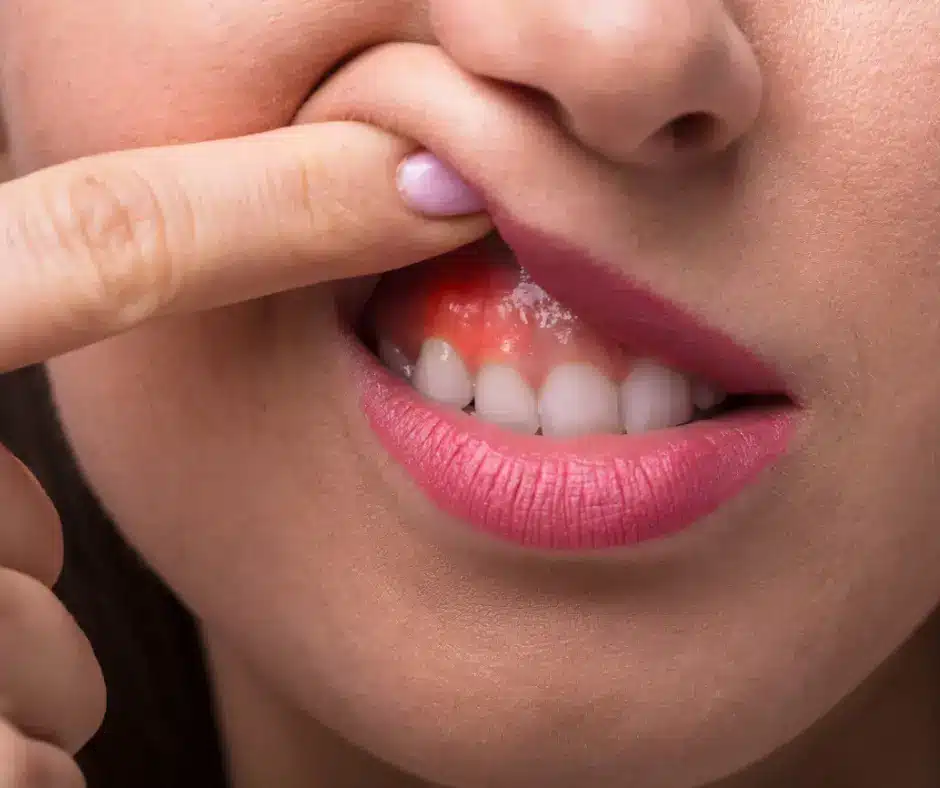Does Chewing Gum Help Clean Your Teeth?
Chewing gum is a popular habit used by many for fresh breath, stress relief, and sometimes even as a way to support oral hygiene. But can chewing gum actually help clean your teeth? The answer largely depends on the type of gum and how it’s used. In particular, sugar-free gum, especially those containing xylitol, can offer genuine oral health benefits. In this article, we’ll explore how impacts oral health, discuss its advantages and limitations, and clarify its role in a healthy dental routine discover more.


How Chewing Gum Affects Oral Health
Chewing gum stimulates the production of saliva, which is one of the most important natural defenses the mouth has. Saliva plays a critical role in maintaining oral health by neutralizing harmful acids, washing away leftover food particles, and delivering minerals such as calcium and phosphate that help remineralize tooth enamel.
This increased saliva flow after meals can significantly reduce the damage caused by acid-producing bacteria. It also assists in cleansing the mouth between brushing sessions, helping to maintain a cleaner oral environment.
The Role of Sugar-Free Gum in Preventing Cavities
Sugar-free gum has been shown to help prevent tooth decay by promoting saliva production and reducing bacterial growth. When you chew gum that contains xylitol, a natural sugar substitute, it interferes with the bacteria’s ability to stick to your teeth. Xylitol has been proven to lower plaque buildup and reduce the population of harmful bacteria in the mouth.
Brands that include xylitol in their formulas may also be recognized by dental associations, such as the American Dental Association (ADA), which reviews and endorses certain products for their contribution to oral health.
Chewing Gum and Fresh Breath
One of the more immediate and noticeable benefits of chewing gum is fresher breath. Gum helps eliminate bad breath by boosting saliva, which flushes out odor-causing particles. The minty flavors in most sugar-free gums further enhance the sensation of cleanliness. However, while gum may offer temporary relief from bad breath, it does not treat underlying issues like gum disease or tooth decay, which require professional care.
What Types of Gum Support Oral Health
For gum to contribute to better oral health, it must be sugar-free. Regular gum containing sugar can actually fuel bacteria in the mouth and increase the risk of cavities. In contrast, sweetened with xylitol helps create a less acidic environment, reducing the chances of tooth decay.
Not all are created equal. The most beneficial types are those that include xylitol as the primary sweetener and are endorsed by trusted dental organizations. These products are evaluated for safety and effectiveness in supporting oral hygiene when used as part of a broader care routine.
Possible Downsides of Chewing Gum
Although chewing gum can be helpful, it does come with potential drawbacks. Overuse may lead to jaw discomfort, especially in people prone to temporomandibular joint (TMJ) issues. Additionally, some sugar-free gums contain artificial sweeteners like aspartame or sorbitol, which may cause digestive discomfort in sensitive individuals.
It’s also important to understand is not a substitute for proper oral care. It can complement brushing and flossing, but it cannot replace them. Only thorough mechanical cleaning with a toothbrush and dental floss can effectively remove plaque and maintain gum health.
How to Incorporate Chewing Gum into Your Routine
Using chewing gum effectively starts with timing and selection. Chewing after meals can help rinse away food particles and neutralize acids. Choosing a xylitol-based gum maximizes the benefits, as this ingredient not only supports remineralization but also helps control cavity-causing bacteria.
It’s important not to rely too heavily on gum or chew for extended periods, as excessive chewing can strain the jaw muscles. As with any oral health tool, moderation and proper technique are key. Brushing at least twice a day and flossing once daily remain the foundation of any strong oral hygiene routine.
Final Thoughts: Does Chewing Gum Help?
Yes, chewing gum can help clean your teeth, but only when it’s sugar-free and used in conjunction with other dental care practices. It supports oral health by increasing saliva flow, reducing bacteria, and helping to prevent cavities. However, it cannot replace regular brushing, flossing, and professional dental visits.
If you’re interested in incorporating gum into your oral care routine, choose a product that contains xylitol and has been approved by a dental organization. For those with specific oral health conditions or dietary restrictions, consulting with a dentist is the best way to determine the safest and most effective gum to use read more.
